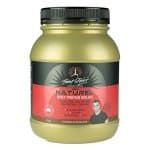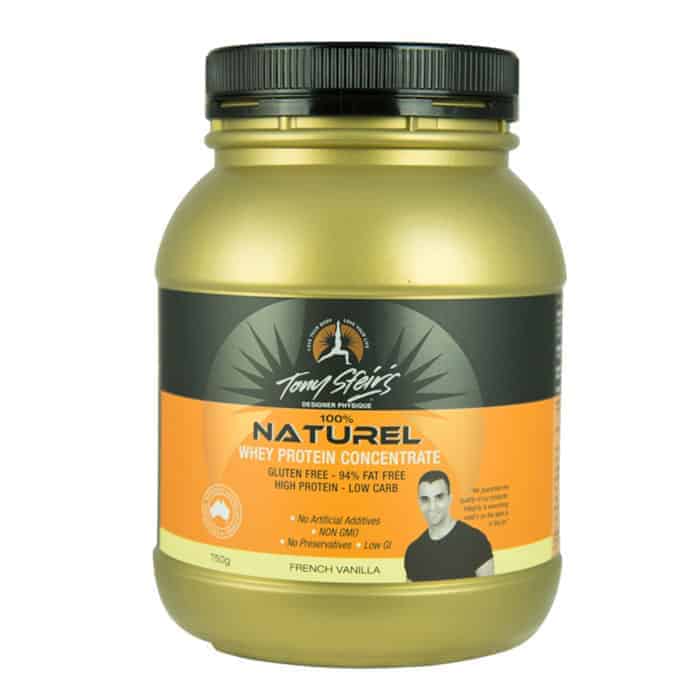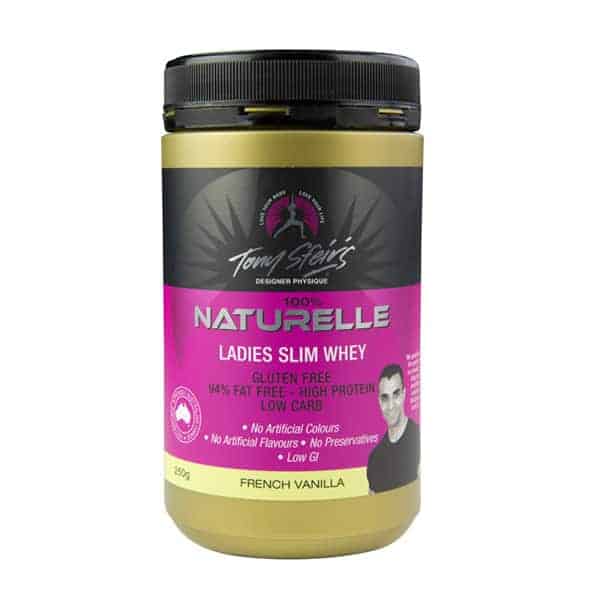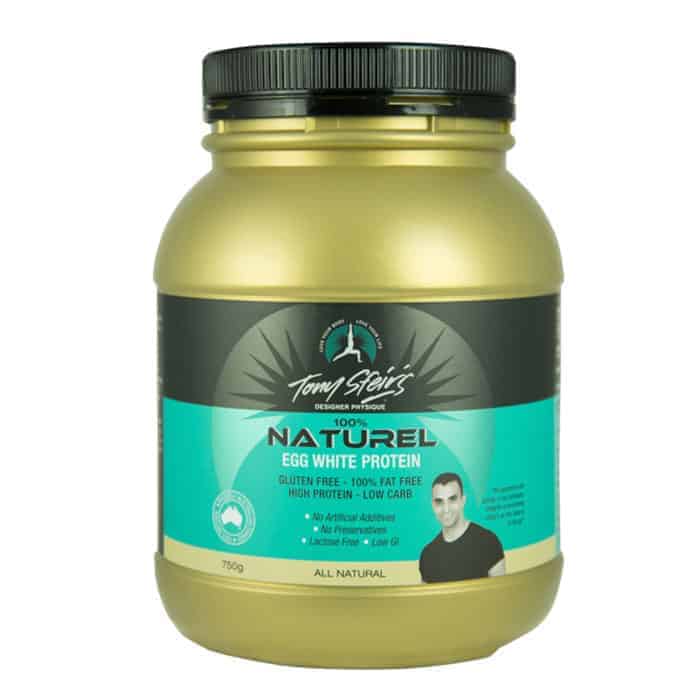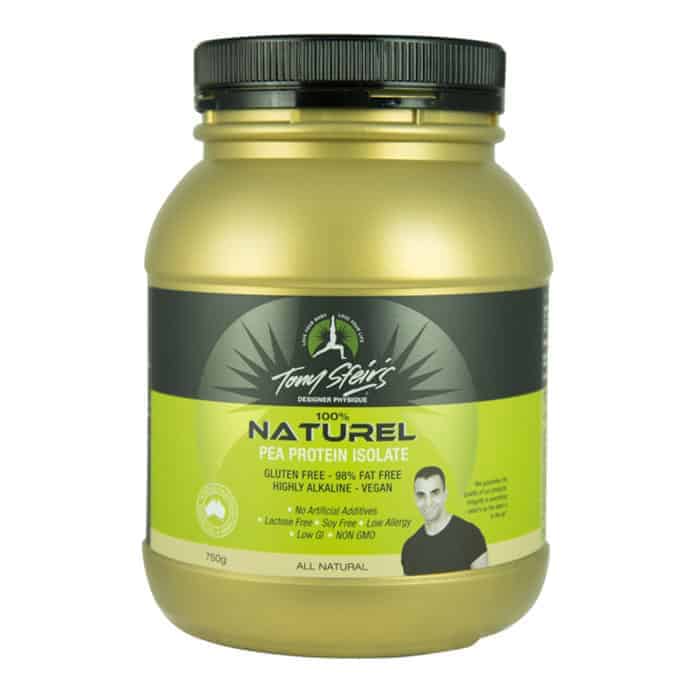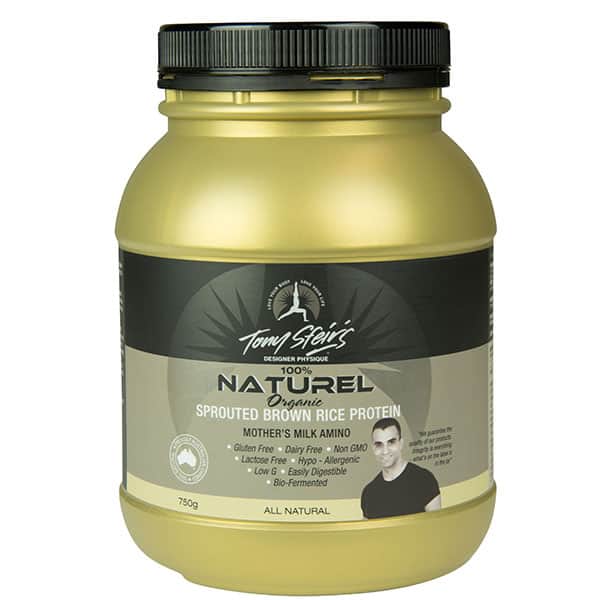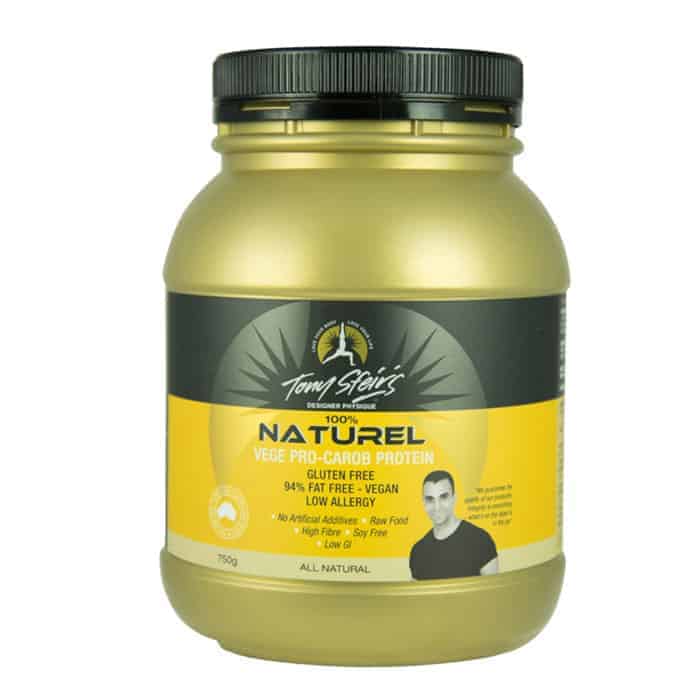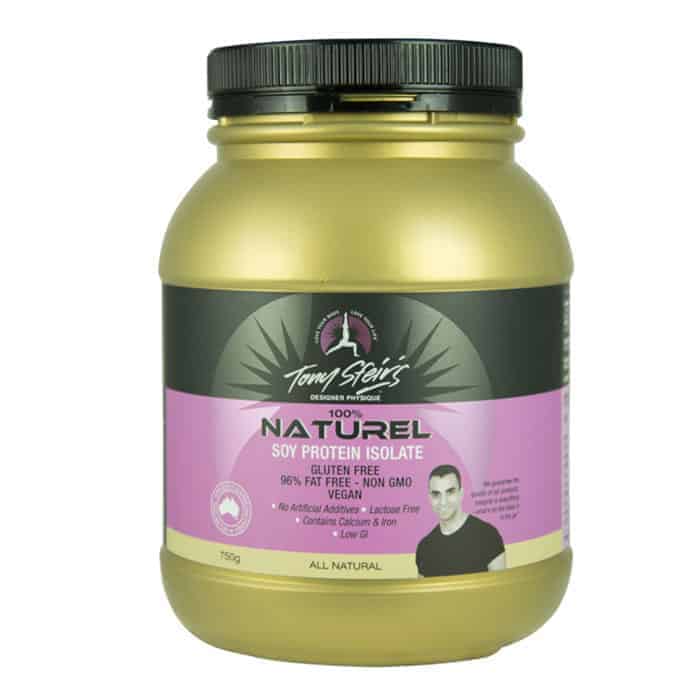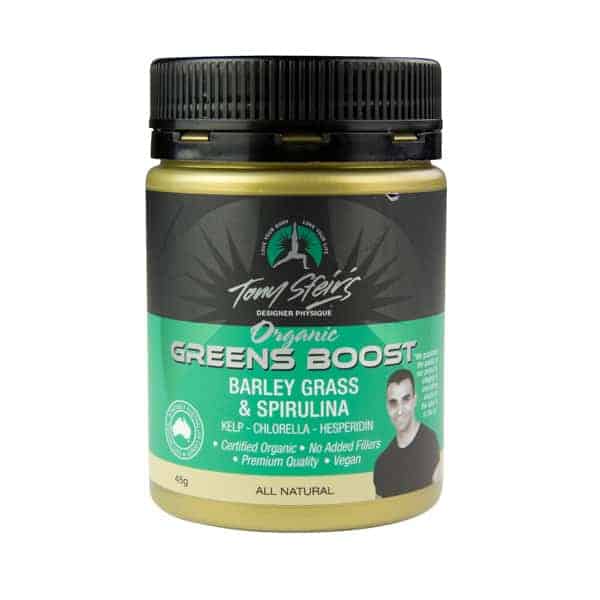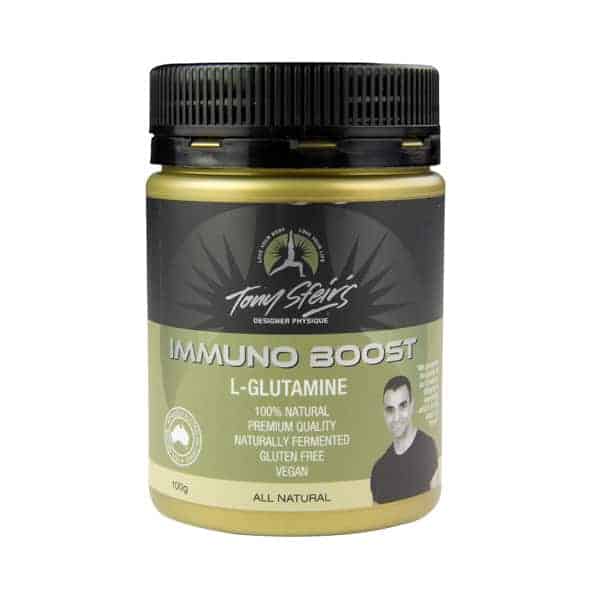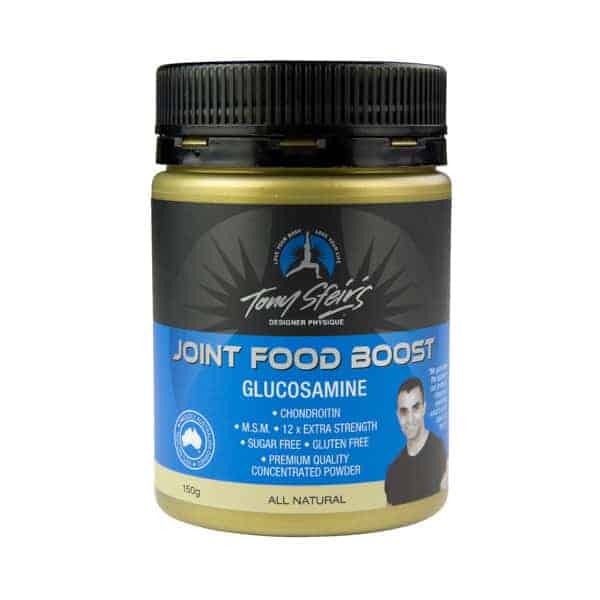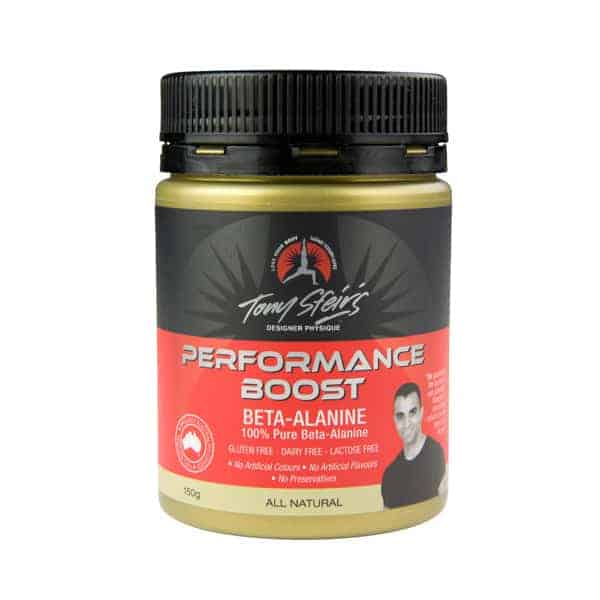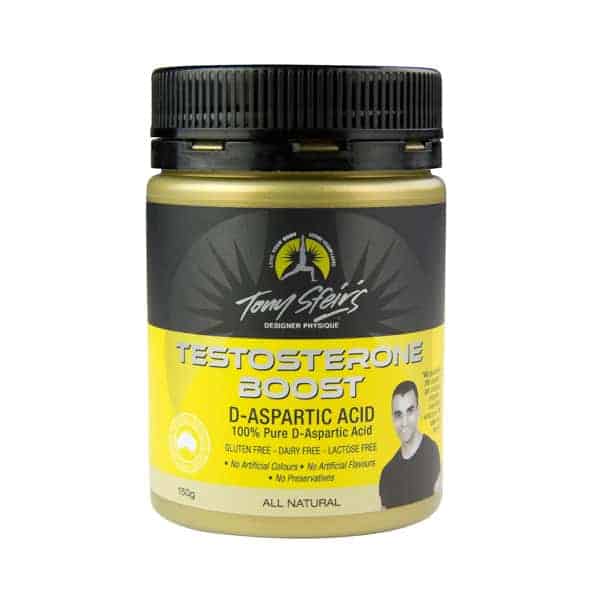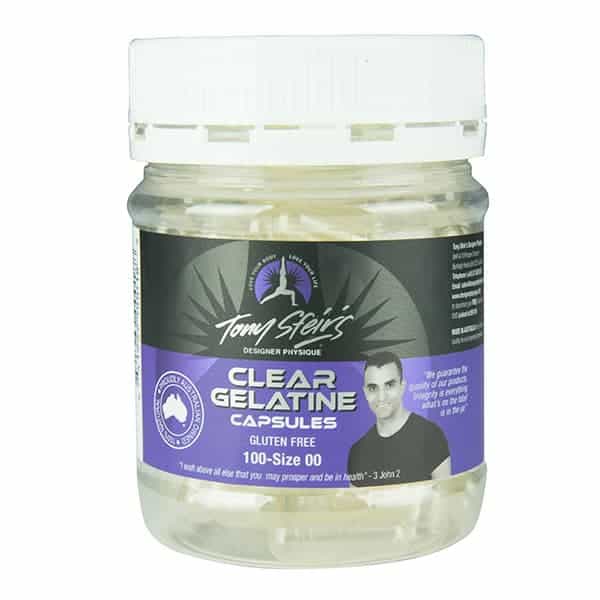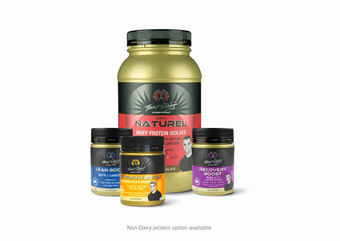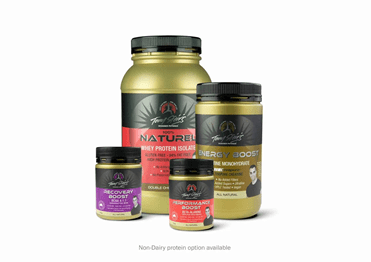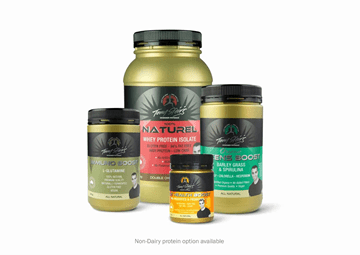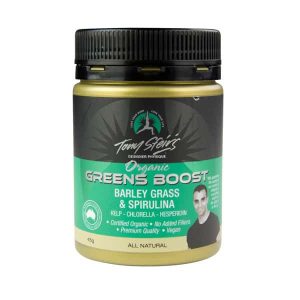As humans, our bodies require 3 macronutrients in order to function optimally, these being carbohydrates, fats and protein. Protein is essential for the functioning of metabolic pathways in the body that are responsible for purposes such as muscle growth, neurotransmitter replenishment and hormone synthesis (Lonnie, et al., 2018).
Where does it come from?
Protein is readily found in many food sources ranging from animal-based such as chicken, beef, fish, pork and eggs to plant-based such as lentils, beans, vegetables and legumes. Although there are many food sources of protein available, the majority of people struggle to get the recommended daily intake of protein through diet alone. This is where protein supplements come into play as they are an easy and convenient way to enhance your protein intake.
How much protein should I have a day?
Research shows that the average person should be consuming 1.2g of protein for every kilogram of bodyweight (Jäger et. al., 2017). According to the American College of Sports Medicine, protein intake should be increased based on daily energy requirements. For example:
- A sedentary adult should aim for 1.2-1.8g of protein/kg of body weight
- A healthy and active adult should aim for 1.4-2g/kg of body weight
- An active adult wanting to build muscle should aim for 1.6-2.4g/kg of body weight (Morton, et al. 2018).
When is the best time of day to consume protein?
For optimal functioning and to really get the most out of it, protein should be consumed in every meal. A general rule of thumb to stick to is consuming protein evenly throughout the day on an average of every 3 – 4 hours (Jäger et. al., 2017). There are many benefits of sticking to this regularity including increased and sustainable energy levels, and to help with satiety and feeling fuller for longer.
Which protein powder should I choose?
As there are so many different protein powders available this one can be tricky and a little overwhelming! Ultimately, when it comes to purchasing protein, quality is key, this is why Designer Physique only sources the best quality ingredients, natural sweeteners, and no added fillers.
The type of protein powder best suited to you really comes down to an individualised approach combining personal preference such as dietary lifestyle choices and biological factors such as allergies and intolerances. Learn more about different types of protein allergies here.
The easiest way to differentiate protein powders are by categorising them into whey protein powder and plant protein powder. Whey protein powder can be differentiated into whey protein concentrate and whey protein isolate forms. Whey protein is also said to have a complete amino acid profile, whereas plant-based protein powders can differ. Whey protein also has a high bioavailability of 100% and digestibility of 99% meaning the body can absorb and utilise it very effectively (Schaafsma, 2012).
Plant based protein powders can be separated into varieties including pea protein, brown rice, soy protein, and carob protein powders. These options can be more suited to allergies and intolerances and are becoming increasingly more popular based on their dairy-free and micro-nutrient rich profile.
Is protein powder safe for anyone to try?
A quality and natural protein powder such as Designer Physique’s is a safe alternative for the whole family to enjoy. When deciding if protein powder is safe for yourself or someone in your family such as a child to consume it is important to consider:
- Does it contain any ingredients that the person might be allergic to?
- Could it interact with any set medication?
- Am I making sure it is used in addition to a healthy and balanced diet and not in replacement of?
If all these considerations are addressed protein powder can be an extremely beneficial supplement to use. For a greater insight into why our supplements are allergy friendly and what to look for in supplements read here. However, it is always recommended to seek advice from your GP and nutritionist/dietician if you have any questions or concerns.
Why not start today?
Adding more protein into your daily food intake is a great way to increase your energy, recovery and overall quality of life. If you feel that you cannot fit more food sources of protein into your daily eating routine why not set yourself the challenge of adding an extra scoop of protein powder a day? An enjoyable and delicious way to do this is by getting creative in the kitchen with protein balls or smoothie recipes. Designer Physique’s extensive range of quality and natural protein supplements are a great place to begin as we have a protein supplement to cater to everyone’s specific dietary needs.
References
Jäger, R., Kerksick, C.M., Campbell, B.I. et al. (2017). International Society of Sports Nutrition Position Stand: protein and exercise. J Int Soc Sports Nutr 14, 20. https://doi.org/10.1186/s12970-017-0177-8
Lonnie, M., Hooker, E., Brunstrom, J., Corfe, B., Green, M., Watson, A., Williams, E., Stevenson, E., Penson, S., & Johnstone, A. (2018). Protein for life: Review of optimal protein intake, sustainable dietary sources and the effect on appetite in ageing adults. Nutrients, 10(3), 360. https://doi.org/10.3390/nu10030360
Morton, R.W., et al. (2018). A systematic review, meta-analysis and meta-regression of the effect of protein supplementation on resistance training-induced gains in muscle mass and strength in healthy adults. Br J Sports Med.
Schaafsma, G.(2012). “Advantages and Limitations of the Protein Digestibility-corrected Amino Acid Score (PDCAAS) as a Method for Evaluating Protein Quality in Human Diets.” British Journal of Nutrition Br J Nutr108.S2

